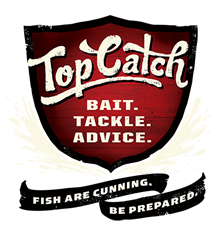Rod/Reel Servicing
Tackle Care & Services
-
Don’t wait for gear to fail—regular maintenance prevents costly issues.
-
Reels used often should be serviced once a year.
-
Rod tips and guides can be repaired easily.
-
Nylon line weakens from sun and salt, so replace it annually.
In-Store Servicing & Repairs
Drop your rod or reel into your nearest store. All major reel brands are fully stripped, inspected, lubricated, and reassembled. You’ll be contacted before any replacement parts are ordered. Allow around one week for turnaround.
Line Respooling
We use electronic winding machines to ensure even line tension. A wide range of braids, mono, and non-IGFA lines are available, and you only pay for the amount used from bulk spools.

Looking After Your Tackle
-
Rod Guides:
-
Check guides regularly for abrasion or damage using pantyhose or a cotton swab.
-
Saltwater is tough on roller guides—inspect them before and after every trip.
-
When trolling, ensure the line isn’t wrapped around a guide.
-
-
Reel Care:
-
Never hose a reel down—use a damp cloth instead.
-
Spray reels with Tackle Guard or Inox, wipe dry, and store in a reel sock or bag.
-
These products are safe for nylon, braid, and rubber, and help clean, lubricate, remove moisture, prevent corrosion, and protect tackle.
-
-
Reel Drags:
-
Always back off the drag when the reel is not in use to prevent compression and maintain smooth performance.
-
